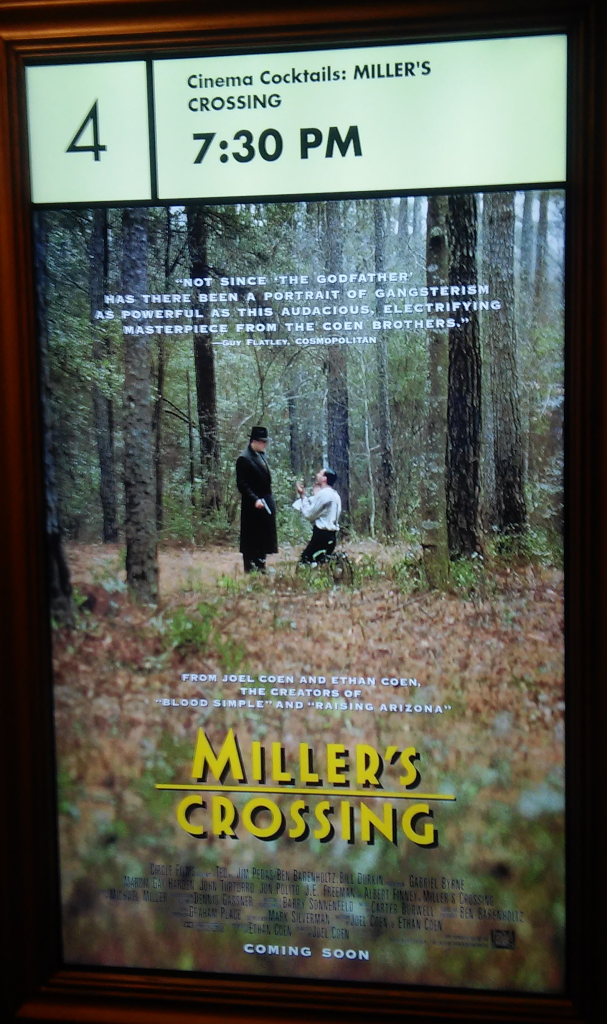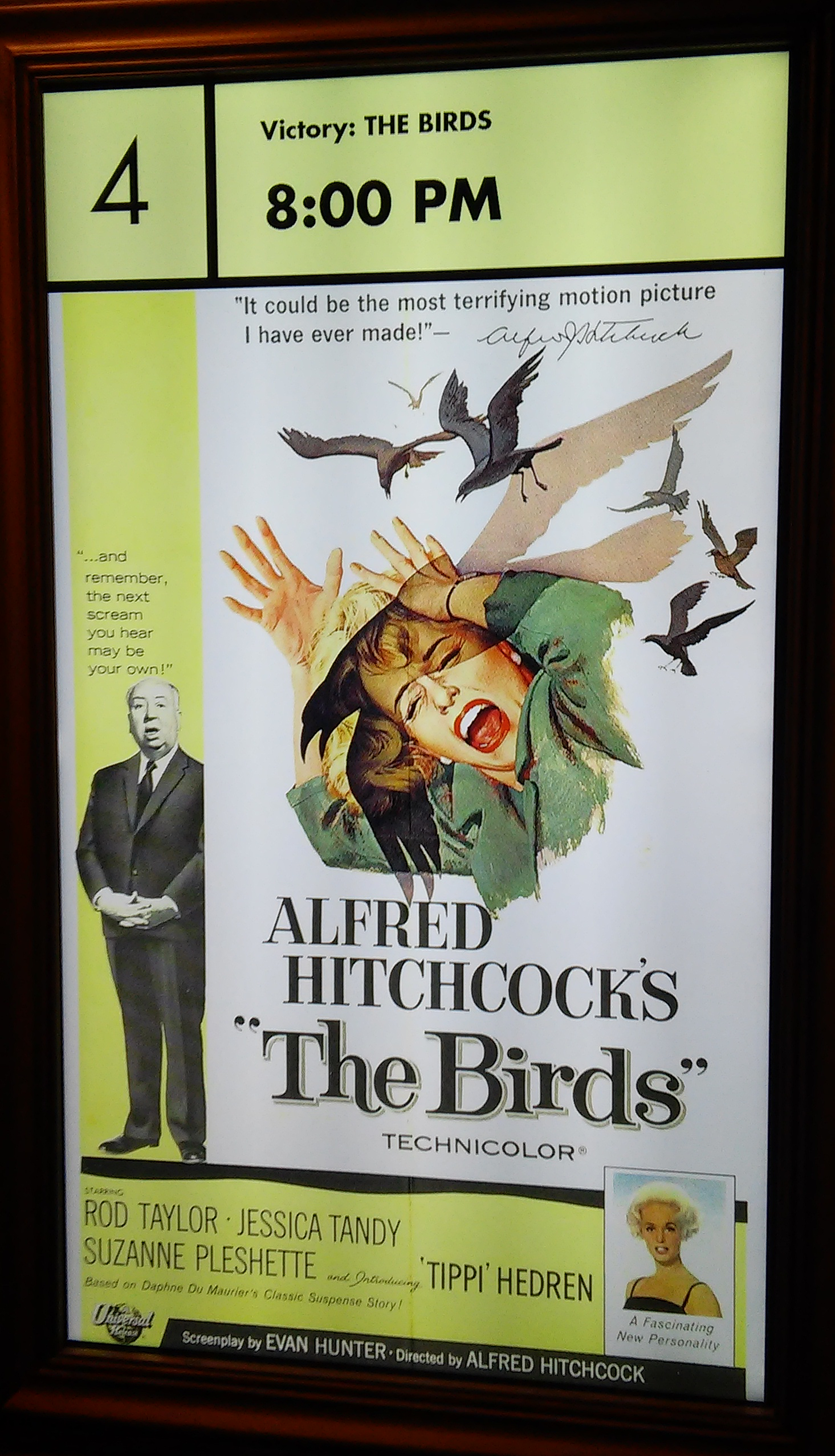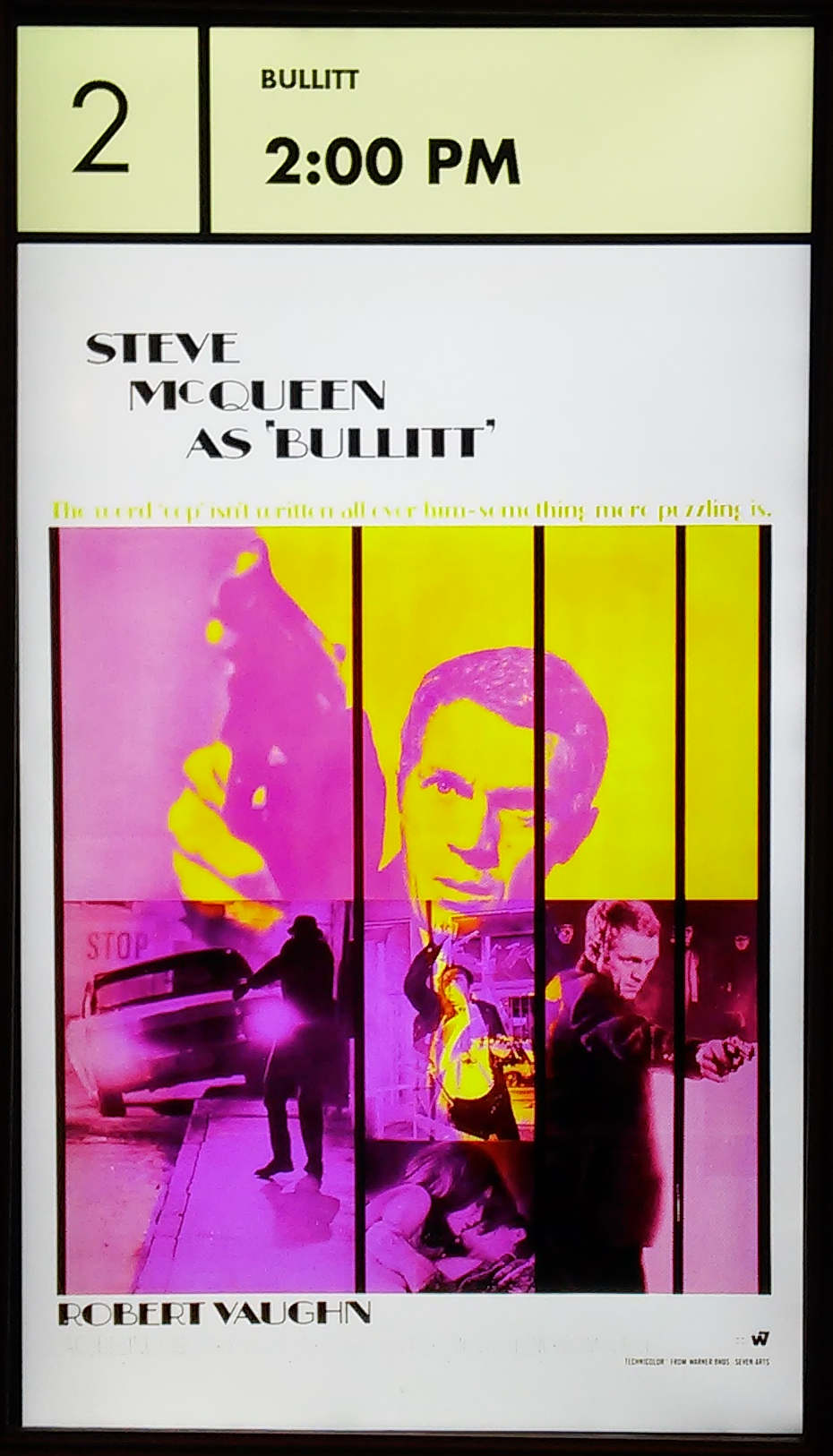I guess at this point I’ve now officially, completely come full circle.
The genesis of my writings here came in the wake of seeing George Clooney’s The Monuments Men, which I went into wanting to love but in the end just couldn’t, but I realized that I had a lot to say about it. So, after a few months, I created this space to share my thoughts, and three-plus years later I’m still doing it.
So, thanks, George Clooney?
I’m certainly not going to thank him for Suburbicon.
Suburbicon
![]()
Directed by George Clooney
Written by Joel & Ethan Coen and George Clooney & Grant Heslov
Cast: Matt Damon, Julianne Moore, Oscar Isaac, Noah Jupe, Jack Conley, Glenn Fleshler, Steve Monroe, Gary Basaraba, Ellen Crawford, Alex Hassell, Steven M. Porter, Pamela Dunlap, Robert Pierce, Vince Cefalu
Soundtrack: Alexandre Desplat
Perhaps someone else has already drawn this comparison, but I see George Clooney and Angelina Jolie as equivalents: fine leading actors who have made for less-than-stellar directors, each suffering from the same issues, namely tone and focus.
Suburbicon is not at all dissimilar from The Monuments Men (or Unbroken for Jolie) in that both are fantastic-looking period pieces with great casts giving quality but ultimately undirected performances, and both can’t figure out what kind of movie they want to be.
At the time, I gave Clooney some benefit of the doubt for Monuments Men because I figured maybe he had just taken on too much as the writer, director, and star. For Suburbicon, however, he has no such cover, because he’s not in the film, so I’m left to conclude that he simply is who he is as a filmmaker. In the case of both movies, they could have been great in the hands of different directors; specifically, Steven Soderbergh for Monuments Men, and the Coen Brothers for Suburbicon (who had some role in the script for both this film, and, again, Unbroken).
Regardless, Suburbicon is, in a word, unfulfilling. It’s a satire with no punch, a dark comedy with no laughs, and a MacGuffin of No MacGuffin (which you can do if you’re the Coen Brothers, but Clooney is no Coen, as much as I’m sure he’d like to be).
Even worse though, it’s distasteful, as one of the through lines of the film is the introduction of Suburbicon’s first black family, the Mayers, whose arrival is greeted with shock, outrage, and, eventually, violence (all of which is a barely-veiled reference to the real-life William and Daisy Meyers, the first black couple in Levittown, PA, whose arrival was met with similar unrest). If this was actually worked into the plot somehow, or if it was more than just the two children who had interaction, I probably would feel differently about it, but as it is it’s just kind of in the background, which feels plain wrong (not to mention the timing relative to current events is not great).
However, I will mention one silver lining on this thundercloud of Suburbicon doom, and that is Oscar Isaac. His screen-time is all too brief, but his performance is fantastic, and his character is about the only one with any explicit motivation, so, kudos to him.
In the end though, Suburbicon as a whole is a failure, and I can’t in good conscience recommend it.
Sorry, George.
Rating: ★★☆☆☆
Thank You For Your Service

Written and Directed by Jason Hall
Based on the book by David Finkel
Cast: Miles Teller, Haley Bennett, Joe Cole, Amy Schumer, Beulah Koale, Scott Haze, Keisha Castle-Hughes, Kate Lyn Sheil, Erin Darke, Kerry Cahill, Omar J. Dorsey, Brad Beyer, Allison King, Jayson Warner Smith, Tony Winters
Soundtrack: Thomas Newman
Another week, another based-on-a-true-story movie starring Miles Teller (he’s really carved out a niche there, hasn’t he?).
This is a hard movie for me to judge due to the subject matter. I am for sure not a veteran, let alone a combat veteran of America’s most recent armed conflicts, so I understand that my opinion in this case carries less weight, and I’m always curious to see what consensus the military community comes to on this kind of film, but in the meantime, I just know what my eyes and ears tell me.
Thank You For Your Service is the story of a few soldiers attempting to adjust to life back home after returning from a nearly year-long deployment in Iraq, and is the feature debut of writer/director Jason Hall, who previously wrote the screenplay for American Sniper.
Right off the bat, I’ll say that I found American Sniper to be much more impactful, probably because Clint Eastwood is an infinitely more experienced filmmaker (not to mention he had a bigger budget and more action-driven material to work with). Thank You For Your Service isn’t terrible, it’s definitely better than a movie-of-the-week production, but I’m reluctant to call it exceptional.
I haven’t read the book it’s adapted from, but I have a feeling if I did read it I’d often be asking, “Why did they put X in and not Y?” I’m not unsympathetic; I know it’s tough to put everything you want into a film, it’s a condensed medium, but there was more I wanted to see once the movie ended that I felt should have been included, so that’s one strike.
Also, the core cast is fine (again, not great, but acceptable), but there were a few minor characters whose scenes took me out of the movie. I get it, sometimes truth is stranger than fiction, but if it’s in a movie, it needs to be believable for the audience (see: verisimilitude), so that’s another strike.
Ultimately, while I feel it could have brought more to the table, Thank You For Your Service just barely gets on base because I think movies like this are important. In an era where the gap between civilian and military has never been wider, we need films and other media like this to help understand and develop some empathy for what it really means when we send our troops into harm’s way, and the physical, emotional, and mental toll it takes on them.
Thank You For Your Service is far from perfect, but at the very least it’s a step in the right direction.
Rating: ★★★☆☆




